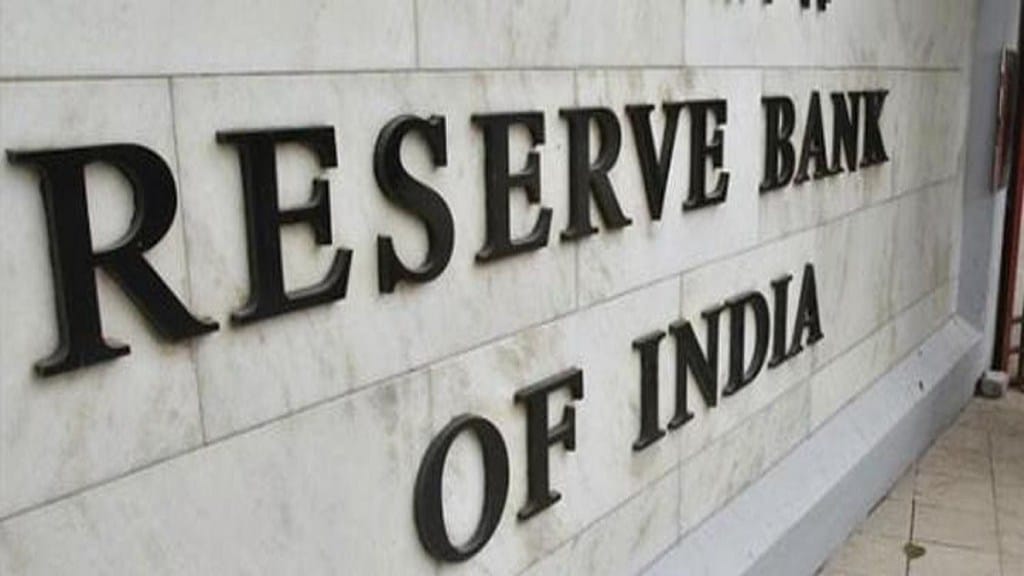The Reserve Bank of India (RBI) in its latest report on Wednesday on the performance of the banking sector during 2022-23 and 2023-24 so far noted that the number of invoices uploaded and financed on TReDS grew by more than 56 per cent during 2022-23, with the success rate (invoices financed) remaining steady at 94 per cent.
TReDS is an initiative undertaken by the central bank in 2014 that allows MSME suppliers to discount their invoices and receive payments before their due date by ensuring the conversion of their trade receivables into liquid funds in a short period.
During FY23, 27.24 lakh invoices involving Rs 83,955 crore were uploaded across platforms recognised by RBI to operate as TReDS, of which 25.58 lakh invoices involving Rs 76,645 crore were financed. In comparison, 17.33 lakh invoices with Rs 44,111 crore stuck were uploaded in FY22, of which 16.40 lakh invoices amounting to Rs 40,308 crore were financed.
Moreover, the number of registered MSME sellers increased by nearly 51 per cent during FY23, while the number of buyers (corporates/other buyers, including government departments/ public sector undertakings) increased by 35 per cent, pointing towards improving participation on the platform, said RBI.
In 2017, the central bank had issued licenses to three non-bank companies M1xchange, Invoicemart (a joint venture of Axis Bank and mjunction services), and RXIL (a joint venture between SIDBI and NSE) to operate on the TReDS mechanism for financing trade receivables through multiple financiers. The RBI approved the fourth entity – the global on-demand working capital platform C2FO to set up and operate an invoice discounting platform under TReDS in November 2022.
In June this year, the RBI had issued a directive to TReDS operators and participants to facilitate insurance for transactions, four months after proposing the participation of insurance companies on TReDS to encourage financing of invoices of buyers irrespective of their credit ratings.
Earlier, financiers such as banks, NBFCs, and others used to bid on the invoice at discounted rates depending on the buyer’s rating. Usually, financiers gave credit limits only above BBB and AA or AAA-rated buyers and shy away from buyers with credit ratings below BBB.

